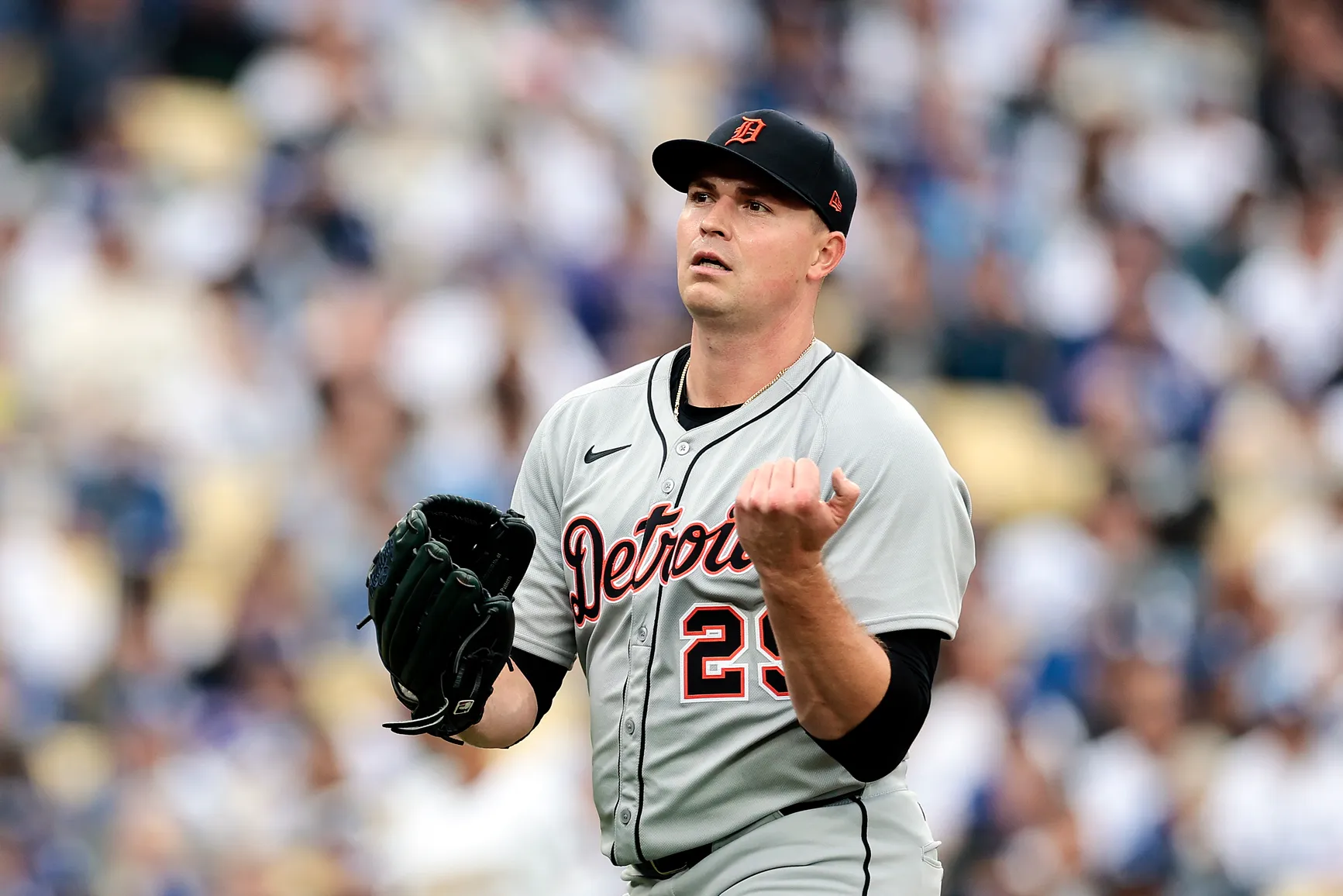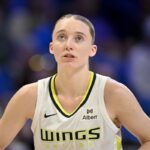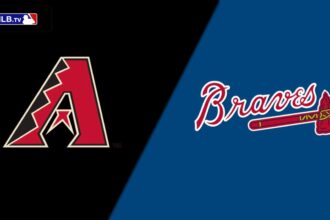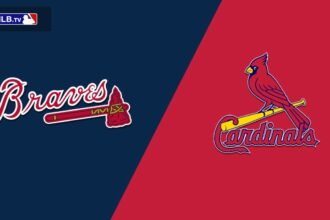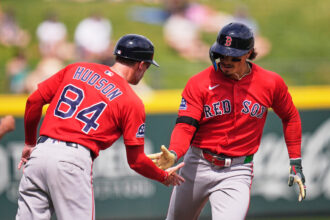Detroit Tigers ace Tarik Skubal was officially selected to the American League All-Star pitching staff on Sunday, earning his second straight trip to the Midsummer Classic. While grateful for the honor, Skubal didn’t shy away from voicing frustration over what he saw as a lack of recognition for his teammates.
“Honestly, I’m a little disappointed that we only had four guys selected,” Skubal said, per The Athletic. “There are several players on this team who deserved to go. We’ve got the best record in the American League—I’d expect us to be better represented.”

With Detroit sitting atop the MLB standings at 57–34 and boasting a commanding 13.5-game lead in the AL Central, the All-Star selections of Skubal, Riley Greene, Javier Báez, and Gleyber Torres stand out. However, Skubal’s remarks drew attention to players he believes were snubbed—namely slugging first baseman Spencer Torkelson and versatile utility man Zach McKinstry, both of whom have made strong statistical cases to be All-Star reserves.

Tigers’ Season Despite Snubs
The Tigers’ recent dominance isn’t just reflected in their win column—it’s being driven by standout individual performances, with Tarik Skubal leading the charge. The left-hander’s scoreless outing on Sunday lowered his ERA to a sparkling 2.02, further cementing his place among the game’s elite.
Skubal also reached an extraordinary milestone, becoming just the fourth lefty in MLB history to record at least three starts in a single season with zero runs, zero walks, and 10 or more strikeouts. The only others to accomplish that? Legends Sandy Koufax, Randy Johnson, and Clayton Kershaw.
Still, Detroit’s success isn’t solely about Skubal’s brilliance. Spencer Torkelson has been a steady offensive presence, and Zach McKinstry—often under the radar—has emerged as a key utility player, bringing versatility and energy to the lineup. On the mound, Casey Mize, the team’s No. 2 starter, has already racked up nine wins and made a strong case for All-Star consideration as well.
Reflecting on the limited All-Star nods for Detroit, Skubal didn’t mince words: “I remember the Kansas City Royals had seven or so that one year when they were good,” he said. “We’ve got the best team in baseball. I don’t see why we can’t have five, six… maybe even seven guys representing us.”
Historical & League Context
It’s rare to see the team with the best record in baseball so lightly represented at the All-Star Game. While the Detroit Tigers lead the league standings, teams like the Los Angeles Dodgers—who trail them—received five All-Star nods (three position players, two pitchers), and even the Seattle Mariners matched Detroit’s total with four.
Skubal’s personal numbers make the snub of others on his team even harder to overlook. His historic season isn’t just elite—it’s nearly unmatched among active left-handed pitchers. He owns a 2.02 ERA, a minuscule 0.81 WHIP, and 148 strikeouts, trailing only Houston’s Hunter Brown in ERA across the American League and standing shoulder to shoulder with the top arms in baseball.
So why isn’t Detroit more fully represented in Atlanta?
Several factors likely played a role. The structure of All-Star voting tends to favor players with bigger national followings, eye-catching offensive numbers, or well-established reputations—criteria that often overlook emerging stars or those playing in lower-profile markets like Detroit.
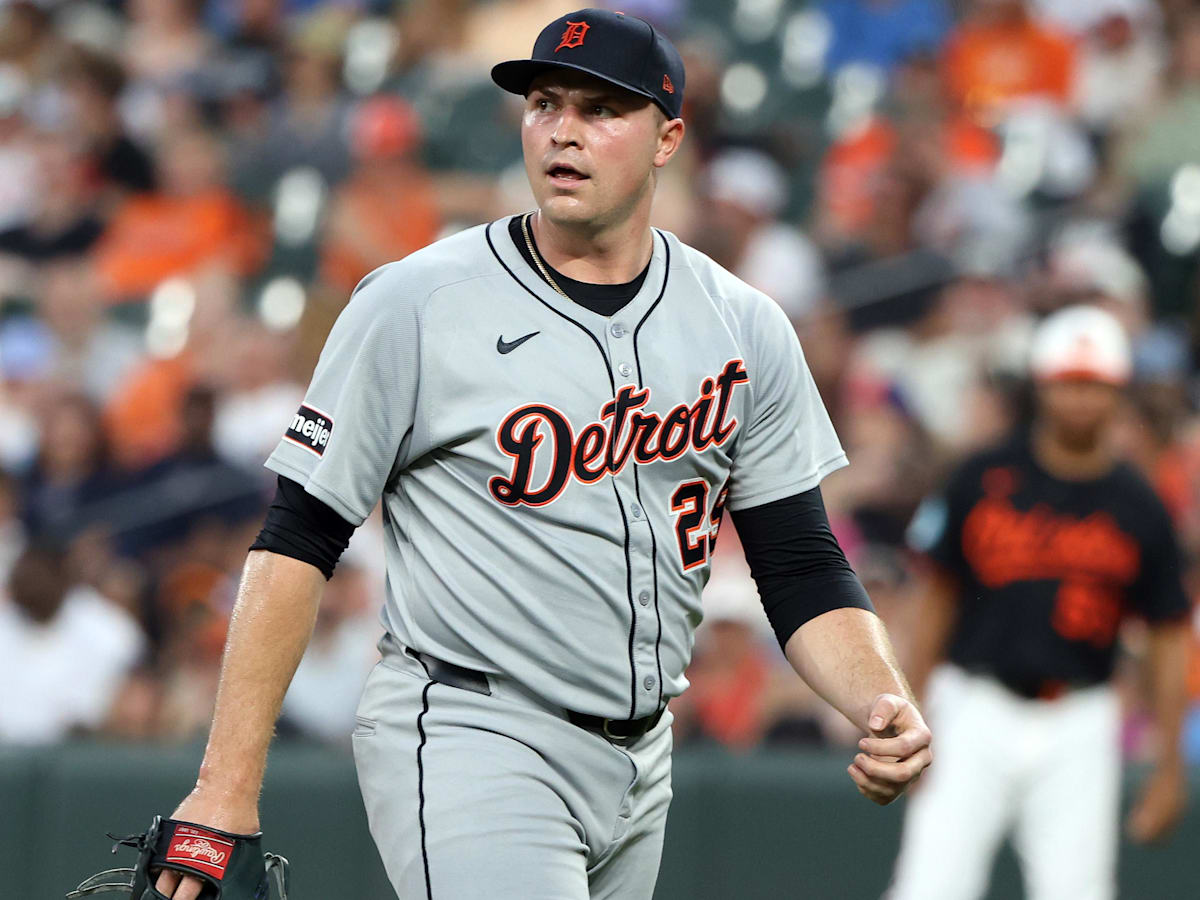
Additionally, MLB’s rule requiring at least one representative from every team can crowd out worthy players on deeper rosters. In the Tigers’ case, their success has been built on balance and consistency across the board rather than a handful of household names—making it harder for individual players to break through the All-Star noise despite elite production.
Chemistry and Comparisons to 2013
Beyond the individual numbers, what sets the 2025 Tigers apart is their remarkable team chemistry. The clubhouse culture is described as both relaxed and intensely competitive—a balance that’s proven key to their success. Veterans like Javier Báez help set the tone with leadership and poise, while younger stars such as Spencer Torkelson and Riley Greene are steadily evolving into everyday difference-makers.
Manager A.J. Hinch has been vocal about the group’s team-first mentality, emphasizing that the Tigers’ strength lies in their depth and shared commitment, rather than any one player carrying the load. That collective mindset has fueled their 58–34 record—the best in baseball—and helped them weather challenging stretches with confidence and cohesion.
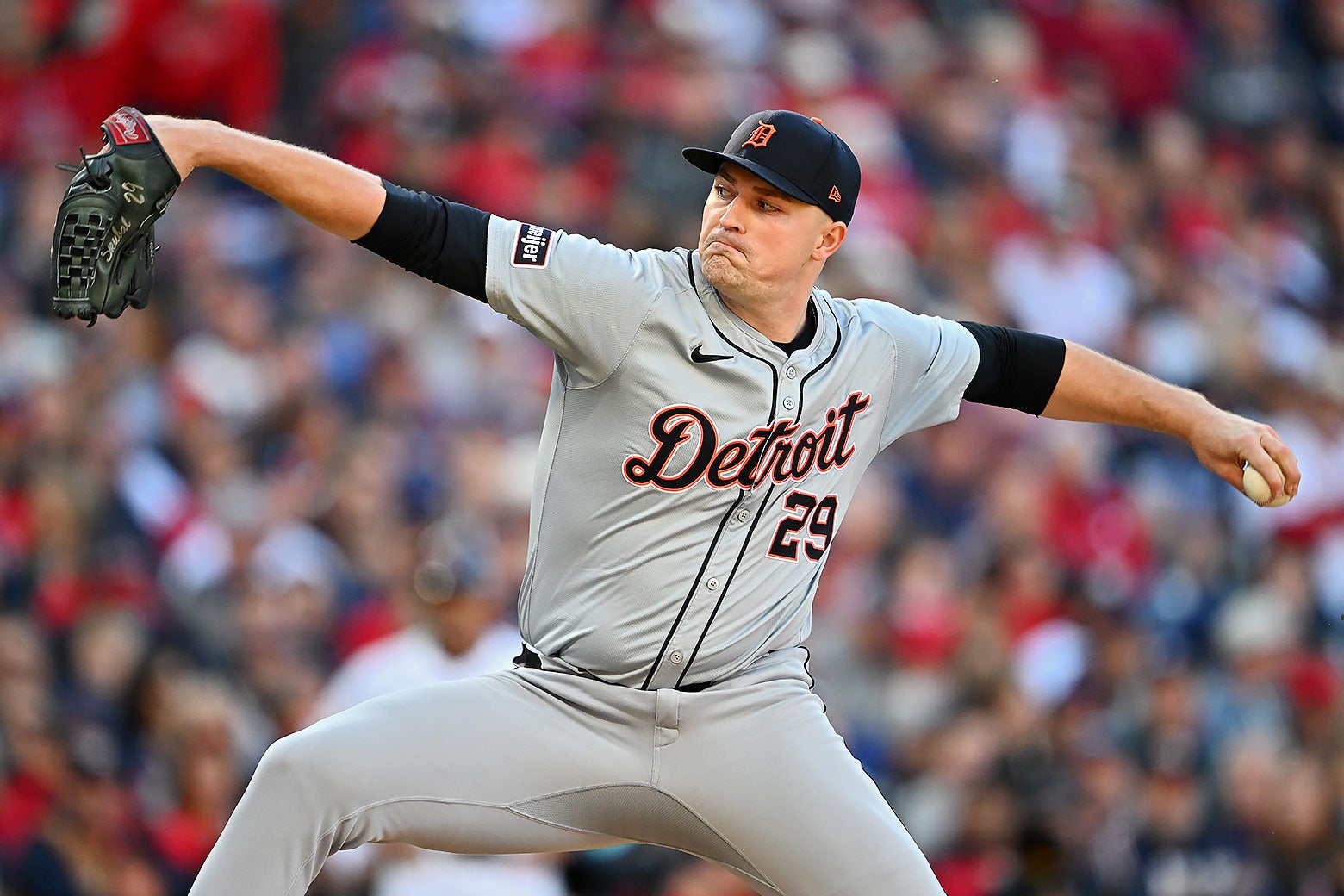
Hinch echoed Skubal’s sentiments on All-Star recognition, celebrating the four who were selected while hoping others eventually get the nod they deserve.
“Obviously celebrate the guys who get to go to Atlanta and participate in the All-Star Game,” Hinch said. “I hope that list grows… It’s the elite of the elite.”
To understand the shift in perception, it’s helpful to look back at 2013—a year when the Tigers weren’t even leading MLB in wins but still sent six players to the Midsummer Classic. That team featured stars like Miguel Cabrera, Prince Fielder, Torii Hunter, Max Scherzer, Justin Verlander, and Jhonny Peralta—many of whom were already established as elite talents and household names. Cabrera was in the midst of a near-Triple Crown repeat, Scherzer started 13–0, and Verlander had already cemented his legacy.
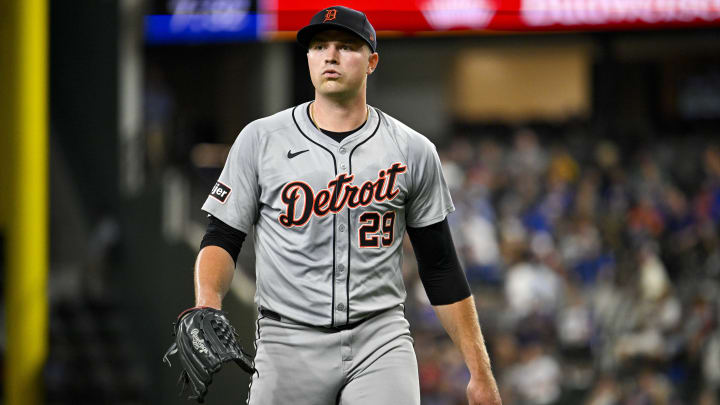
In contrast, this year’s Tigers team isn’t built around a few marquee superstars. Outside of Skubal, whose dominant season has placed him squarely in the Cy Young conversation, most of Detroit’s top contributors are rising stars or steady, under-the-radar performers. Their collective excellence is fueling the team’s success—even if, for now, it’s not fully reflected in All-Star voting.
